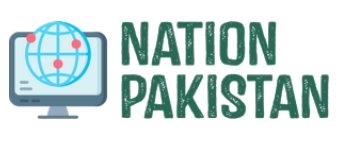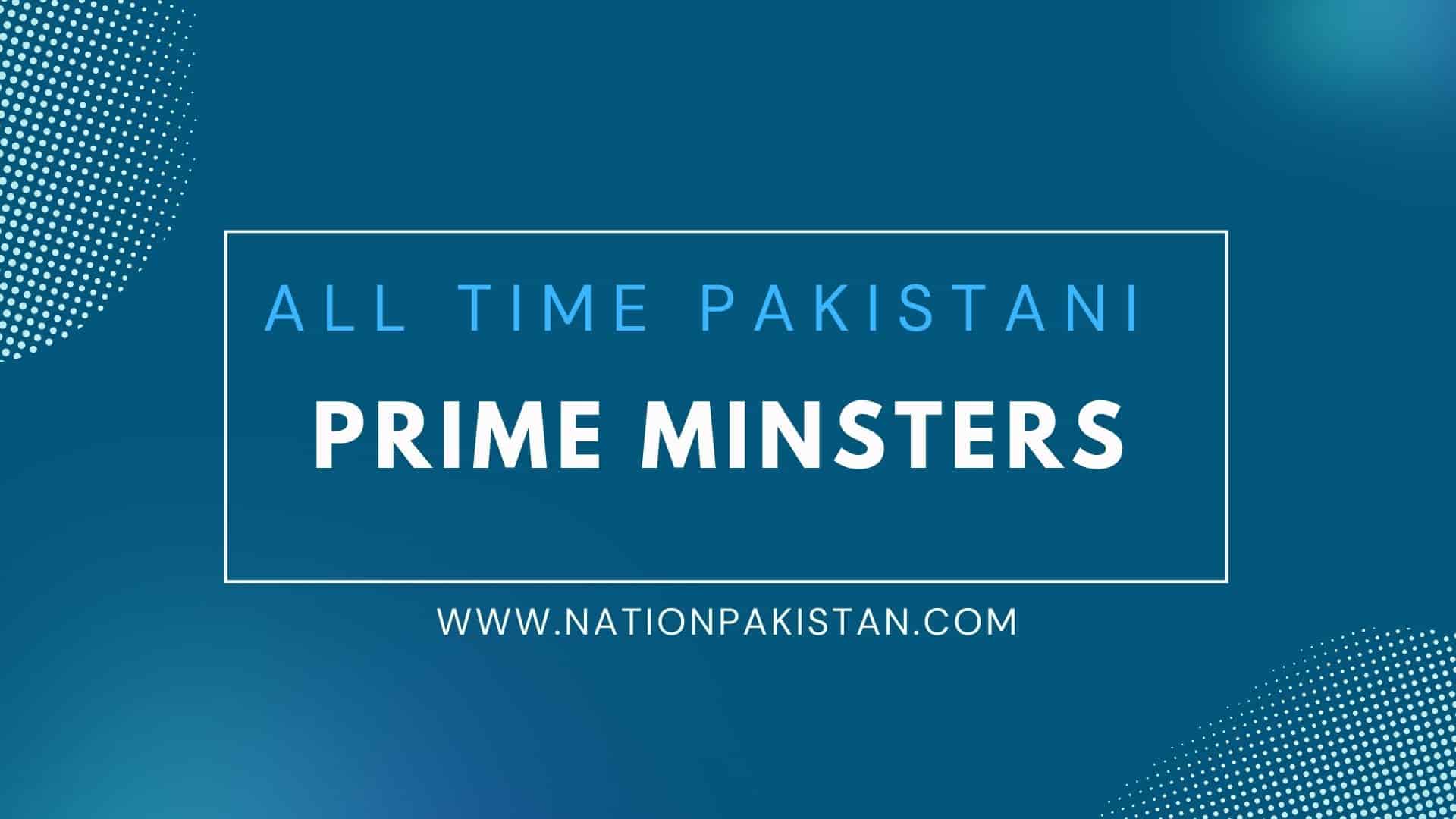Introduction
Pakistan, a nation with a rich history and a complex political landscape, has seen numerous leaders at its helm since its inception in 1947. The position of the Prime Minister holds great significance in shaping the country’s destiny and governing its affairs. This article delves into the List Of All-Time Prime Ministers Of Pakistan, highlighting their contributions, challenges, and legacies.
1. Liaquat Ali Khan (1947-1951)
Liaquat Ali Khan, the first Prime Minister of Pakistan, played a pivotal role in establishing the country after the partition of India. He focused on issues like the rehabilitation of refugees and crafting foreign policy. His leadership was cut short by his assassination in 1951, leaving behind a legacy of dedication to nation-building.
2. Khawaja Nazimuddin (1951-1953)
Khawaja Nazimuddin succeeded Liaquat Ali Khan as the second Prime Minister. His tenure was marked by tensions between the central government and East Pakistan, ultimately leading to his removal.
3. Muhammad Ali Bogra (1953-1955)
Muhammad Ali Bogra’s term as Prime Minister saw the adoption of the Bogra Formula, an attempt to address the representation issues between East and West Pakistan. However, political instability led to his resignation.
4. Chaudhry Mohammad Ali (1955-1956)
Chaudhry Mohammad Ali’s tenure was brief, coinciding with the dissolution of the One Unit scheme and the emergence of political unrest, which eventually led to the dismissal of the central government.
5. Huseyn Shaheed Suhrawardy (1956-1957)
Suhrawardy’s term marked the transition from the Governor-General’s rule to the parliamentary system. His administration grappled with economic challenges and political instability, leading to his resignation.
6. Feroz Khan Noon (1957-1958)
Feroz Khan Noon’s leadership was during a turbulent period marked by political and constitutional crises. His term ended with the imposition of martial law by General Ayub Khan.
7. Nurul Amin (1971)
Nurul Amin briefly held office during the tumultuous times of the 1971 war with East Pakistan (now Bangladesh). He led Pakistan during its most trying times and handed over power after the separation of East Pakistan.
8. Zulfikar Ali Bhutto (1973-1977)
Zulfikar Ali Bhutto’s premiership marked a significant shift in Pakistan’s politics. He introduced socialist policies, drafted a new constitution, and promoted nuclear development. His tenure ended with a military coup led by General Zia-ul-Haq.
9. Muhammad Khan Junejo (1985-1988)
As the first civilian Prime Minister under General Zia’s military regime, Junejo worked towards restoring democratic processes. His government’s differences with the military ultimately led to his dismissal.
10. Benazir Bhutto (1988-1990; 1993-1996)
Benazir Bhutto became the first woman to lead a Muslim-majority country. Her terms were marked by economic reforms, infrastructure development, and social initiatives. However, allegations of corruption and political manoeuvring marred her legacy.
11. Nawaz Sharif (1990-1993; 1997-1999; 2013-2017)
Nawaz Sharif, one of Pakistan’s most prominent political figures, served three non-consecutive terms as Prime Minister. His administration focused on economic liberalization, infrastructure projects, and nuclear tests. However, his terms were also marred by political conflicts and tensions with the military.
12. Pervez Musharraf (1999-2008)
Pervez Musharraf seized power in a coup and ruled as both President and Chief Executive. Despite his military background, he took several steps towards economic and technological development, but his rule was criticized for its authoritarian tendencies.
13. Yousaf Raza Gillani (2008-2012)
Yousaf Raza Gillani’s term was marked by the restoration of the judiciary and the fight against terrorism. However, his government faced criticism for governance issues and corruption allegations.
14. Raja Pervaiz Ashraf (2012-2013)
Raja Pervaiz Ashraf’s tenure faced significant energy and economic challenges, along with political polarization and corruption scandals.
Read: Top Ten Political Parties Of Pakistan
15. Shahid Khaqan Abbasi (2017-2018)
Abbasi’s term focused on infrastructural development and economic reforms. However, his government grappled with allegations of corruption and political polarization.
16. Imran Khan (2018-present)
Imran Khan, a former cricketer, emerged as a new hope for Pakistan with his Pakistan Tehreek-e-Insaf (PTI) party. His administration aims to tackle corruption, promote social welfare, and enhance relations with neighbouring countries.
Conclusion
The list of Pakistan’s Prime Ministers represents a diverse array of leaders who have shaped the nation’s trajectory. From the challenges of post-partition nation-building to navigating political complexities, each leader has left a unique mark on the country’s history. The legacy of these Prime Ministers continues to influence Pakistan’s political landscape and its path towards progress.

